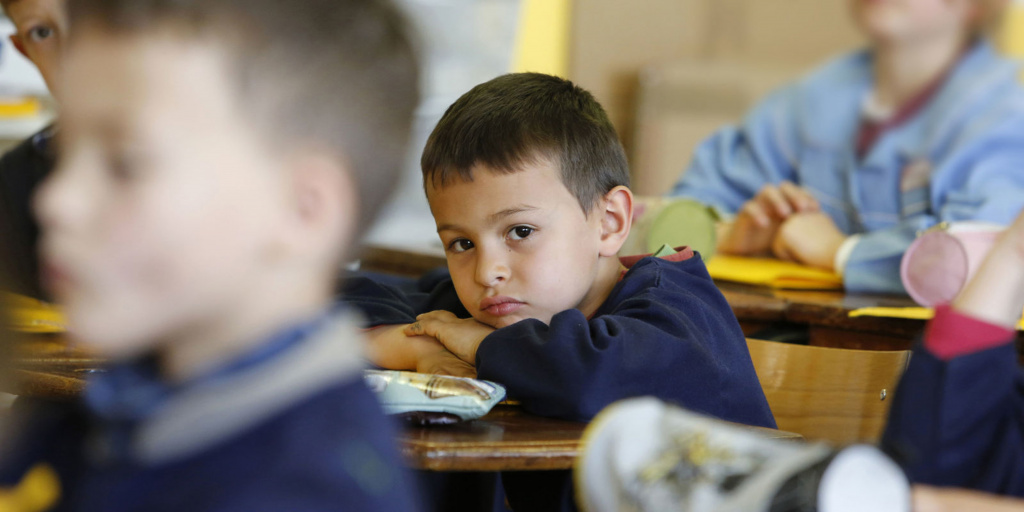
The attachment based mentoring project was born out of continued concerns regarding the achievement and inclusion of children in care and children in need. Published data and evidence from working on the ground clearly indicates that outcomes for these groups are significantly lower than their peers.
The most recent national statistics from the DFE showed that in 2015 52% of looked after children and 49% of children in need achieved level 4 or above in reading, writing and mathematics in their end of year 6 tests compared to 80% of non-looked after children achieving the same standard. By the time children leave year 11 the gap has widened with only 14% of looked after children and 15% of children in need achieving 5A*-C including English and Maths compared to 53% of non-looked after children. Other statistics are equally concerning, children in care are five times more likely than non-looked after children to receive fixed term exclusions and children in need are three times more likely to have a fixed or permanent exclusion.
Despite being offered extra support and intervention to meet learning needs and raise attainment, many of the vulnerable children we have worked with have struggled to engage with learning. For many vulnerable children their barriers to learning arise from difficulties with attachment and relationships. These observations from working with chidren are reflected in national statsitics.
In 2015 61% of looked after children and 50% of children in need had a special educational need compared to 15% of all children. For both looked after children and children in need social, emotional and mental health was the most common primary need covering 38% of those with a statement or education and health care plan and 45% of looked after children with SEN support. This is in contrast to the needs identified in the child population as a whole – looked after children are three times more likely to have a primary need of social, emotional and mental health and are less likely to have specific learning difficulties or speech, language or communication needs. Addressing their primary needs relating to social, emotional and mental health has the potential to increase the ability of children to access the learning and social environment as well as developing greater resilience.
The Attachment Based Mentoring model
Attachment based mentoring was developed to provide a different kind of support, not intended as a replacement for other interventions related to learning but as a means of enabling children to connect with the education on offer. The aim was to train staff to meet the specific needs of children in care and other vulnerable children, by providing them with a significant adult in school who is able to use coaching and mentoring to support their development.
Following a successful pilot study Devon Education Authority agreed to fund the project. The course to train mentors takes place over two consecutive days with two half day supervision sessions spread over the following twelve weeks.